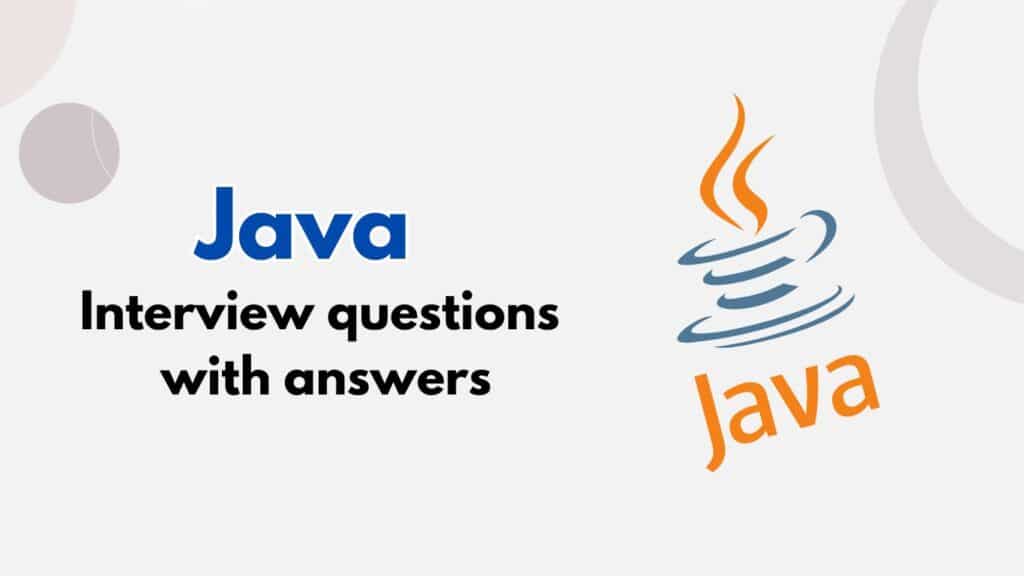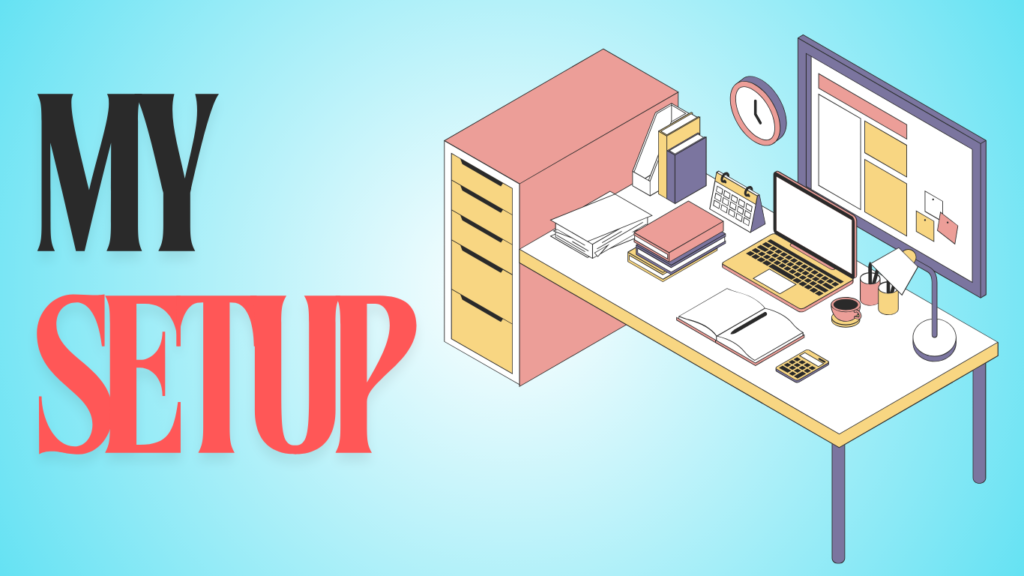Hey hi,
If you’re looking for Java interview questions with answers, then this article is perfect for you! Here I provided more than 41+ Java interview questions with answers from basic to advanced
Let’s dive in
“After you check out the article, lemme know what kinda interview questions you’re looking for!”
Ultimate Guide to Java Interview Questions (2025 Edition)
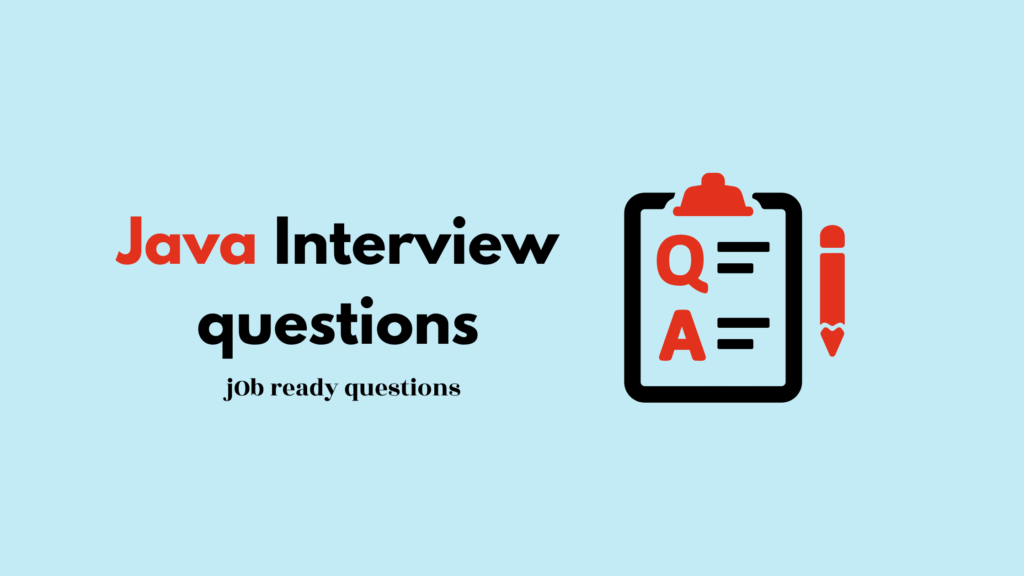
Why Java remains a hot skill?
- There is always a demand for qualified Java developers as many large companies and financial institutions depend on Java to create corporate apps and scalable backend systems.
- You can easily run Java on various platforms without any modifications, like write once, run anywhere (capability)
- Java has a large collection of libraries, tools, and frameworks (Spring Boot, Hibernate)
- If you want to make your application more secure, that’s only possible with Java
- The main part is career opportunities
Most common industries hiring Java developers
There are a lot of industries that can employ you!
- Banking (Online banking, Payment processing system, core bank system, etc)
- IT sector (Mobile dev, Web dev, data analytics, CMS)
- Healthcare (telemedicine platforms, Health and wellness apps, Clinical trial management systems)
- Retail(Inventory management system, e-commerce platfomes)
- Trading (Cryptocurrency exchange, Algorithmic trading systems)
- Education and more…
Also Read: Best resources to learn Java in 2025
Here, I categorized the Java interview questions and responses based on their respective topics.
Core Java Interview Questions
Basic Java Questions for Beginners:
Let’s start with the fundamentals. These are questions every beginner must know. They’re often asked at the start of interviews to test your understanding of fundamental Java concepts.
1. What is Java?
Java is a high-level, object-oriented programming language developed by Sun Microsystems (now owned by Oracle). It is platform-independent, meaning Java programs can run on any system that supports the Java Virtual Machine (JVM).
2. What are the main features of Java?
- Platform Independent
- Object-Oriented
- Simple and Secure
- Portable
- Robust and Multithreaded
3. What is the difference between JDK, JRE, and JVM?
- JVM: Executes Java bytecode.
- JRE: Includes JVM + libraries for running Java apps.
- JDK: JRE + development tools like a compiler.
4. Explain the concept of Object-Oriented Programming in Java.
OOP in Java includes four main pillars:
- Encapsulation: Hiding internal state.
- Inheritance: Reusing code.
- Polymorphism: Same name, different behaviour.
- Abstraction: Hiding complex implementation.
5. What is the difference between == and .equals() in Java?
==compares object references..equals()compares actual content.
6. What is the Java Virtual Machine (JVM)?
The JVM converts bytecode into machine-specific code. It’s what makes Java platform-independent.
7. What is a Constructor in Java?
A constructor is a special method that initializes objects. It has the same name as the class and doesn’t return a value.
8. What is method overloading and method overriding?
- Overloading: Same method name, different parameters in the same class.
- Overriding: Same method in child class with the same signature as the parent class.
9. What is the difference between final, finally, and finalize?
final: Used to declare constants.finally: Used with try-catch to execute code regardless of exception.finalize(): Called by the Garbage Collector before destroying an object.
10. What are primitive and non-primitive data types in Java?
- Primitive: byte, short, int, long, float, double, boolean, char.
- Non-Primitive: Arrays, Strings, Objects.
OOPs Concepts in Java:
These are the most important for any Java interview—freshers and experienced alike.
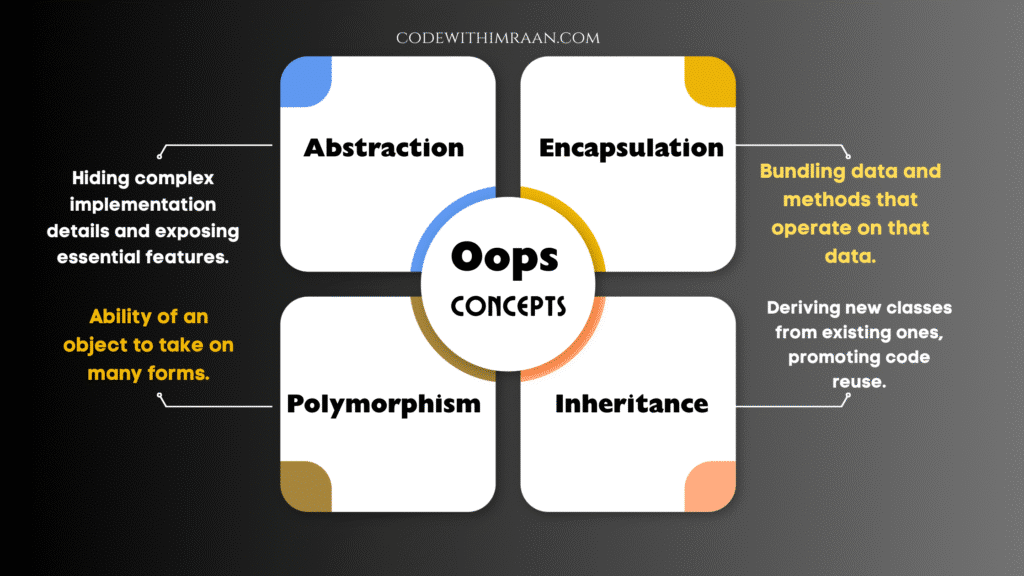
11. What is Encapsulation in Java?
Encapsulation is the process of wrapping code and data into a single unit, like a capsule. In Java, we achieve this using classes and by keeping variables private and methods public.
12. What is Inheritance in Java?
Inheritance allows one class to inherit the properties and behavior of another using the extends keyword.
13. What is Polymorphism?
Polymorphism allows objects to take many forms. Java supports:
- Compile-time (method overloading)
- Runtime (method overriding)
14. What is Abstraction?
Abstraction is the process of hiding the complex implementation and showing only the necessary details. Achieved via abstract classes and interfaces.
15. Difference between Abstract Class and Interface?
- Abstract Class: Can have both abstract and concrete methods.
- Interface: Only contains abstract methods (Java 8+ allows default/static methods too).
Exception Handling and Error Management:
Error handling is one of the most practical concepts asked in interviews
16. What is an Exception in Java?
An exception is an event that disrupts the normal flow of the program. Java provides a robust exception-handling mechanism using try, catch, finally, throw, and throws.
17. What is the difference between Checked and Unchecked Exceptions?
- Checked: Checked at compile time (e.g., IOException).
- Unchecked: Occurs at runtime (e.g., NullPointerException).
18. How does try-catch-finally work?
trycontains code that might throw exceptions.catchhandles exceptions.finallyexecutes no matter what—used for cleanup.
19. What is the use of the throw and throws keywords?
throw: Manually throw an exception.throws: Declare that a method may throw an exception.
20. Can we create our own exception in Java?
Yes, by extending the Exception class or RuntimeException.
You may also read: Resources JavaScript, Python, HTML, CSS
Here is the detailed explanation about Java Interview questions with answers:
Advanced Java Interview Questions
Multithreading and Concurrency:
Concurrency is a must-know for real-world enterprise applications.
21. What is Multithreading in Java?
It allows concurrent execution of two or more threads for maximum CPU utilization22. How to create a thread in Java?
- By extending the
Threadclass. - By implementing the
Runnableinterface.
23. What is the difference between a process and a thread?
- Process: Independent unit of execution.
- Thread: A subset of a process.
24. What are synchronized blocks?
Synchronized blocks prevent thread interference and memory consistency errors by locking resources.
25. What is the difference between wait() and sleep()?
wait(): Releases the lock.sleep(): Holds the lock.
Collections Framework Deep Dive:
This is often a major section of technical interviews.
26. What is the Java Collections Framework?
A unified architecture for representing and manipulating collections (lists, sets, queues, maps).
27. Difference between ArrayList and LinkedList?
- ArrayList: Better for accessing elements.
- LinkedList: Better for inserting/deleting elements.
28. What is the difference between HashMap and Hashtable?
- HashMap: Not synchronized.
- Hashtable: Thread-safe but slower.
29. What is the difference between a Set and a List?
- List: Allows duplicates.
- Set: No duplicates.
30. What are Comparable and Comparator?
They are interfaces used to sort objects:
Comparable: Natural ordering.Comparator: Custom sorting.
Java 8+ Features (Streams, Lambdas, etc.):
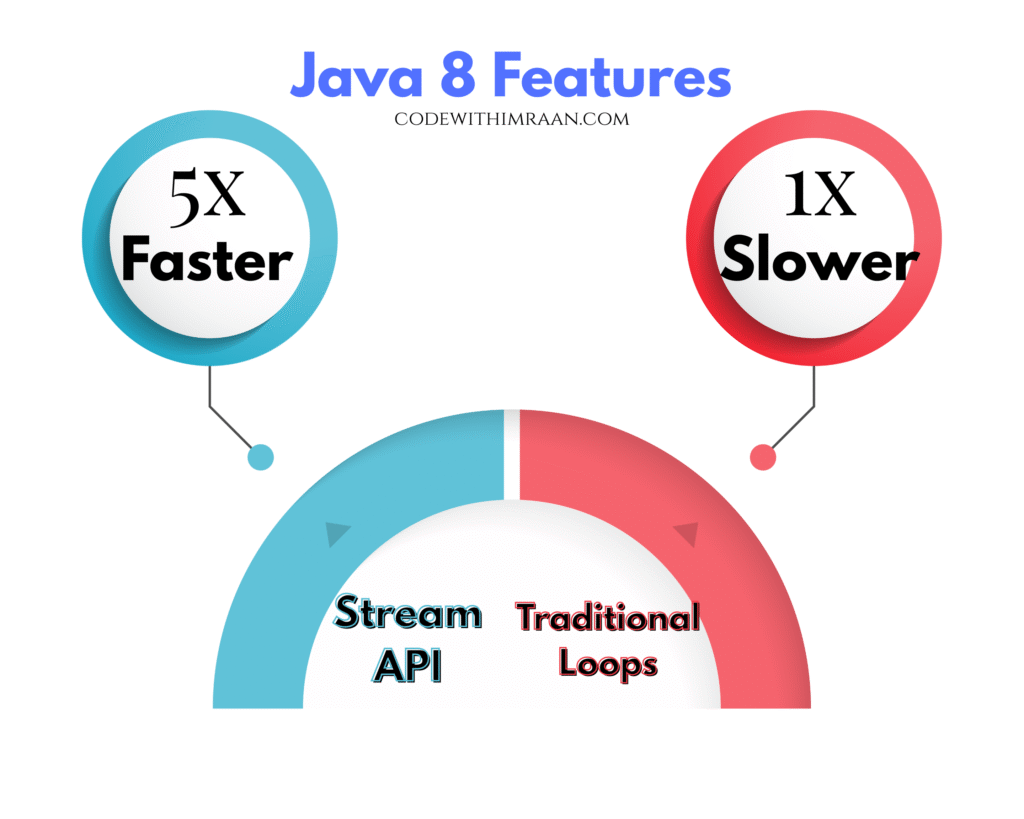
Modern Java interviews, especially for mid to senior roles, heavily focus on Java 8 and above. Knowing these features can set you apart.
31. What is a Lambda Expression in Java?
Lambda expressions introduce functional programming to Java. They’re used to implement functional interfaces concisely. Example:
javaCopyEdit(int a, int b) -> a + b;
32. What are Functional Interfaces?
Interfaces with only one abstract method.
Examples include Runnable, Comparable, and Java 8’s Function, Predicate, etc.
33. What is the Stream API in Java 8?
Stream API allows processing collections of objects in a functional style. It provides methods like map(), filter(), collect(), and forEach() for streamlined data operations.
34. Difference between map() and flatMap() in Streams?
map(): Applies a function to each element.flatMap(): Flattens nested structures like lists of lists.
35. What is Optional in Java 8?
Optional is a container object used to avoid null checks and NullPointerException. Helps write cleaner and safer code.
Spring Framework Interview Questions
Core Spring and Spring Boot:
Spring is the backbone of most Java web applications, and interviewers want to see that you’re comfortable with it.
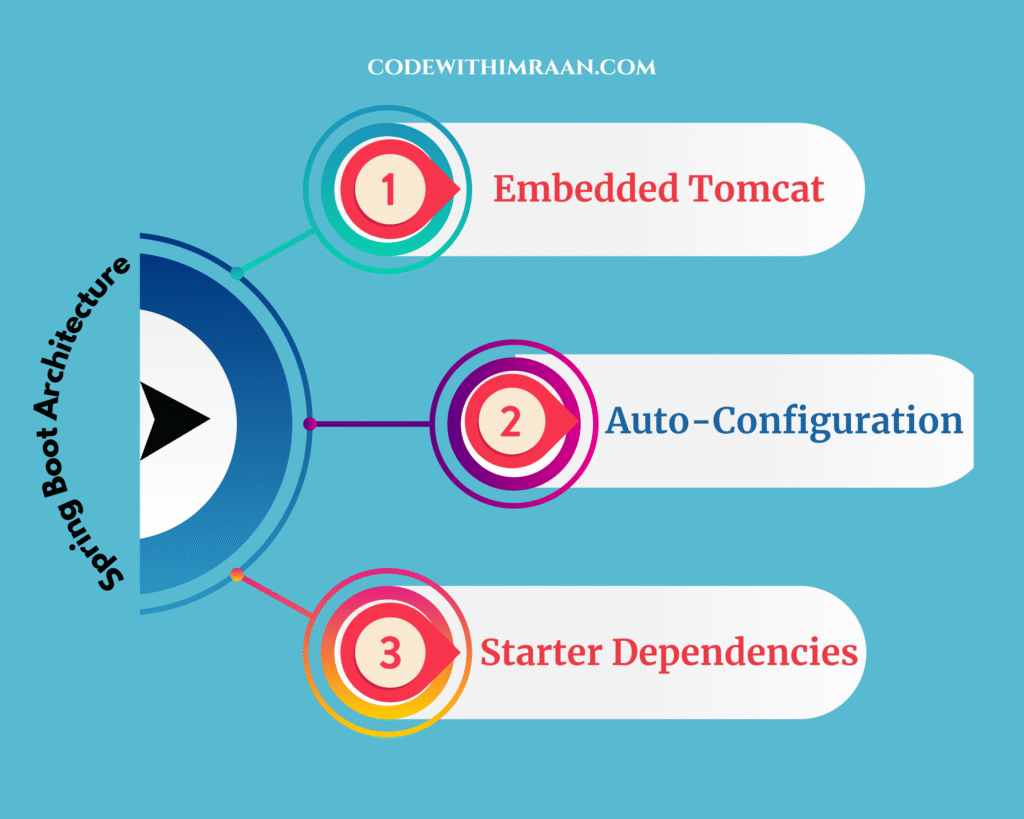
36. What is the Spring Framework?
It’s a powerful framework for building Java applications. It provides features like dependency injection, aspect-oriented programming, and transaction management.
37. What is Spring Boot?
Spring Boot simplifies Spring application development. It offers production-ready defaults and an embedded server, which reduces boilerplate.
38. What are some main features of Spring Boot?
- Auto-configuration
- Embedded servers
- Starter dependencies
- Actuator for monitoring
Dependency Injection and Annotations:
39. What is Dependency Injection in Spring?
Dependency Injection (DI) is a design pattern where one object supplies the dependencies of another object. Spring manages this automatically using annotations like @Autowired.
40. What are the commonly used Spring annotations?
@Component,@Service,@Repository: For component scanning@AutowiredFor injecting dependencies@Configuration,@Bean: For defining beans@RestController,@RequestMapping: For REST services
REST APIs and Microservices in Spring Boot:
41. What is REST API?
REST (Representational State Transfer) is an architectural style for designing web services. REST APIs allow communication between client and server using HTTP methods like GET, POST, PUT, and DELETE.
42. How to create a REST controller in Spring Boot?
Use @RestController along with @GetMapping, @PostMapping, etc.
javaCopyEdit@RestController
public class MyController {
@GetMapping("/hello")
public String hello() {
return "Hello World";
}
}
43. What are Microservices?
Microservices are a way of designing software systems as a suite of independent, loosely coupled services. Spring Boot + Spring Cloud is a common stack used to build these in Java.
For more interview questions: “Practice Java online”
Tips to Crack Java Interviews (Java interview tips)
How to Prepare for Java Interviews as a Fresher
- Begin with Core Java and understand the fundamentals.
- Practice coding on a daily basis.
- Create simple projects with Spring Boot.
- Use resources such as HackerRank, LeetCode, and GeeksforGeeks.
Dive into: How to Learn Coding (With Resources & Logic Building) in 2025
Tips for Experienced Java Developers
- A deep dive into Spring Boot internals and REST API security.
- Focus on real-world architecture, such as microservices, Docker, CI/CD, and the cloud.
- Keep up with the latest Java 17 and 21 upgrades.
- Practice solving concurrency and system design problems.
Learn Java: “official Java documentation”
Final Thoughts on Java Interview Questions
Mastering Java for interviews might be difficult, but with disciplined preparation and consistent practice, it is entirely possible.
Whether you’re applying to a startup in Bangalore or a software behemoth in Noida, these 40+ questions and answers will help you. Keep creating, learning, and coding. The more hands-on experience you have, the more confident you will be during interviews.
You can also read:
FAQ’s on Java Interview
Are these Java questions enough for service-based companies in India?
Yes, especially for companies like TCS, Wipro, and Infosys. Make sure to revise Java basics and a bit of Spring.
How should I prepare for Java coding rounds?
Use LeetCode and HackerRank. Focus on arrays, strings, and recursion.
Do I need to learn Java frameworks for interviews?
For fresher roles, Core Java is enough. For experienced roles, knowledge of Spring Boot is essential.
What are the best YouTube channels to prepare for Java interviews?
You can check Telusko, Java Brains, and CodeWithHarry for quality content.
How many projects should I show in my resume for Java roles?
2-3 relevant Java-based projects are great. Make sure to add at least one REST API project using Spring Boot. (Java interview)
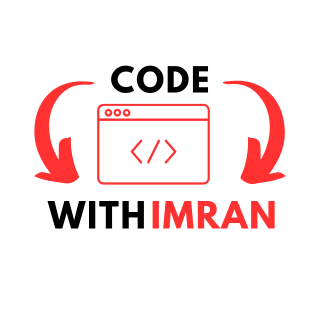
I’m a Full-Stack web developer (Freelancer). I’ve a great knowledge of anything related to HTML, CSS, JS, React, Node.js, MongoDB
